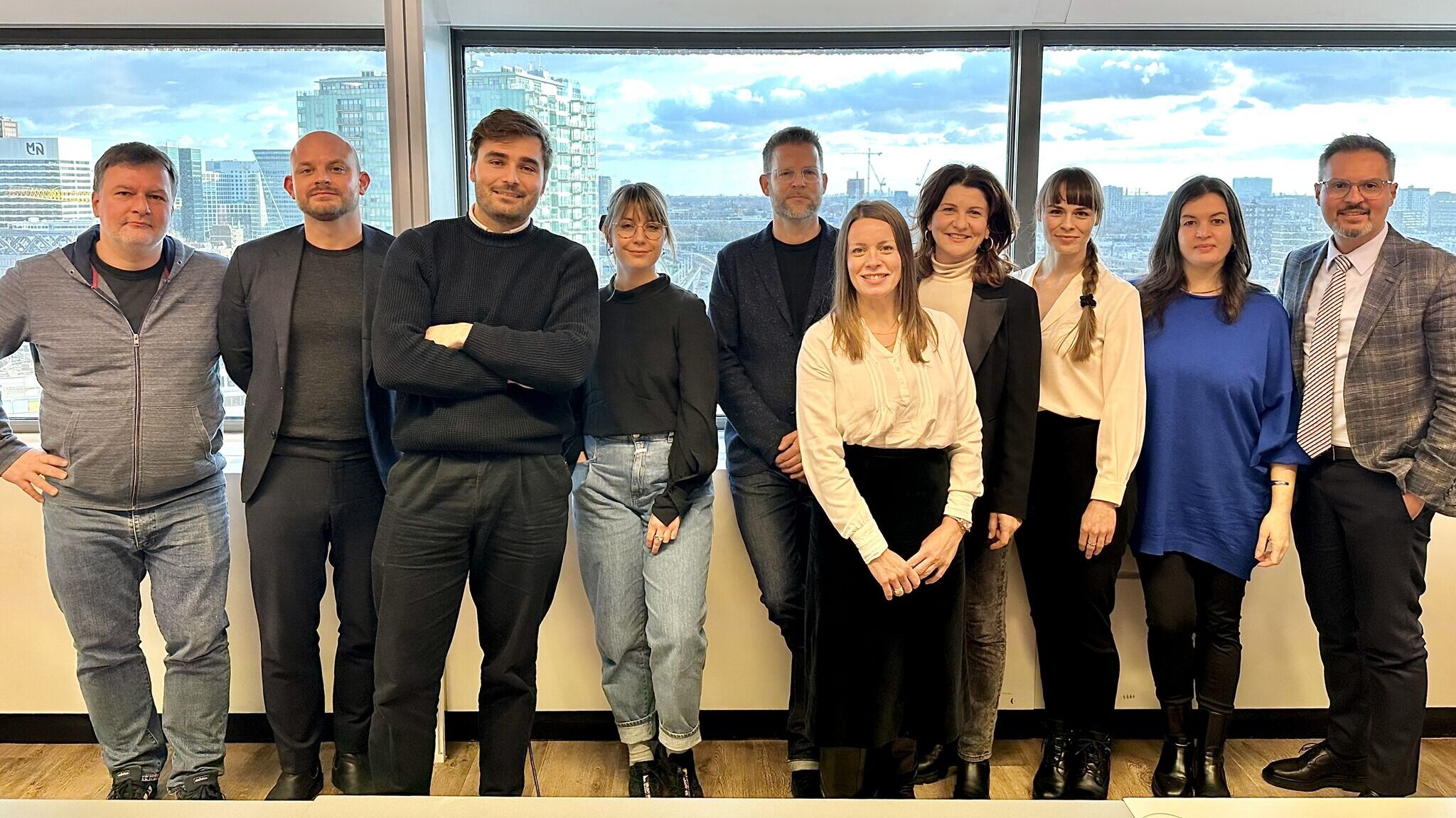A new EC-funded NGI project, which has been conceived and organised with an digital/internet commons policies, was officially launched yesterday at the project kick-off meeting held in The Hague.
NGI Commons is a three-year Coordination and Support Action (CSA) answering to the HORIZON-CL4-2023-HUMAN-01-04 Call: Next Generation Internet Commons Policy (Call). In the next 36 months, the project will be elaborating on a long-term strategy for digital/internet commons, which are critical for Europe’s sovereignty and trust. The project will help overcome fragmentation and close the gap between grassroot commoners’ initiatives and top-down sovereignty policies. This will serve the purpose of creating a more coherent European funding landscape across both public and private sectors. As stressed by the representatives of the Directorate-General for Communications Networks, Content and Technology at the European Commission who attended the kick-off meeting, the importance of the NGI Commons project lies in its potential to shape the way NGI will evolve in the future.

What are digital/internet commons? Project scope and ambition
Digital/internet commons are a form of commons involving the distribution and communal ownership of information resources and technology. Examples of digital/internet commons include open-source software, open hardware, open design, open licensing, open standards, and open data. Over the last few decades, digital/internet commons have become essential components supporting sovereignty, trust, democratic values, and fundamental digital rights and principles, such as privacy and data protection, open knowledge and participation, user control over personal data, decentralisation, inclusiveness, and a green transition, among others. Their economic and geopolitical importance has been growing exponentially, gathering increasing momentum across several communities, in line with the Digital Decade principles. But while digital/internet commons are critical in our digital life, their importance is not fully reflected at the strategic level with little representation of the communities involved, lack of structure, gaps between grassroot commoners and top down sovereignty policies, and a fragmented funding landscape. The NGI Commons project was established as a response to the above-mentioned points. The project will contribute to the following outcomes expected by the Call:
- stronger integration of the NGI initiative and its vision and ecosystem with the digital/internet commons policies at the national and European levels,
- a long-term strategy for digital/internet commons based on a clear mapping of existing communities of commoners and commons,
- smooth articulation of bottom-up activities of European commoners’ communities and top-down policy priorities (e.g., reuse of commons, avoiding overlaps), and
- a more coherent funding landscape integrating national and European dimensions from public and private sectors.
The NGI Commons project has been built on a clear comprehension of the technological, research, socio-economic, legal, and policy-related factors relevant to the broader NGI ecosystem, and the planned activities have been designed to not only facilitate access to the NGI resources and funding to grow digital commons/internet commons initiatives but also generate value for the wider group of NGI stakeholders.
Monique Calisti, CEO of Martel Innovate
This value-generation-driven approach will be supported by the consortium’s in- depth understanding and privileged access to the NGI tools and mechanisms, a thorough understanding of the European policy landscape, and the partners’ direct involvement in the European digital/internet commons and open-source scenes. By liaising with bottom-up initiatives in the digital/internet commons and open-source scenes and engaging with top-down policy and regulatory efforts and experts, the ambition of the NGI Commons project is to pave the way for digital/internet commons as core building blocks of Europe’s digital sovereignty.
Who’s in
Led by Martel (the Netherlands), the NGI Commons consortium comprises experts, including Paul Keller, Open Future Foundation (the Netherlands), who, together with his team will map digital sovereignty policy initiatives of relevance, injecting into the development of a strategic agenda for support to the digital/internet commons ecosystem and investment in public digital infrastructure; Astor Nummelin Carlberg OpenForum Europe (Belgium) who will engage experts to identify priorities for further development of digital/internet commons, curate synergies with relevant initiatives, and provide support to commoners to navigate the EC funding opportunities; Mirko Boehm, Linux Foundation Europe (Belgium) who will measure the leverage effect of NGI funding and identify efforts, technology blocks, projects, and results of past and ongoing NGI projects feeding into digita/internet commons initiatives; Melanie Dulong de Rosnay, CNRS (France) whose team will map relevant initiatives and elaborate on governance models for future digital commons; and Monique Calisti, Martel Innovate (Switzerland), who, taking advantage of her experience, position, and deep understanding of the NGI needs and evolution will lead the effort of engaging experts to analyse the NGI portfolio.
18th January 2024, Amsterdam | Press release
NGI Commons Kick-Off Meeting

